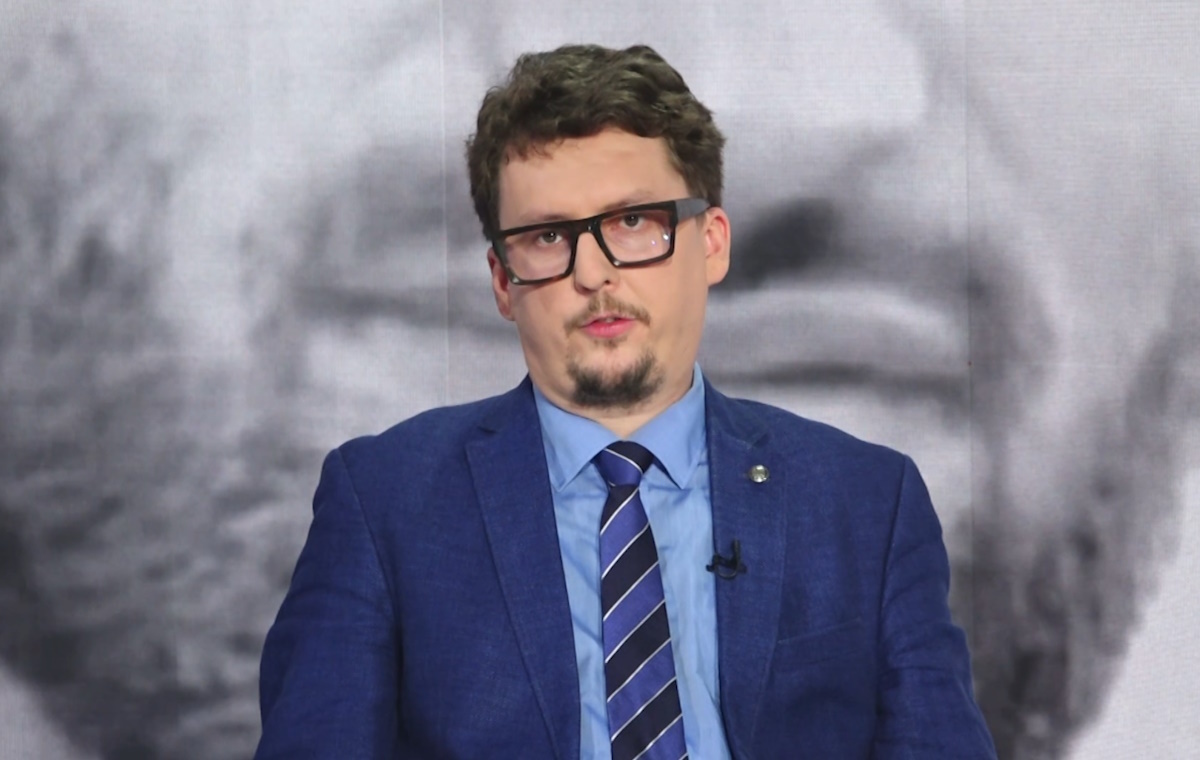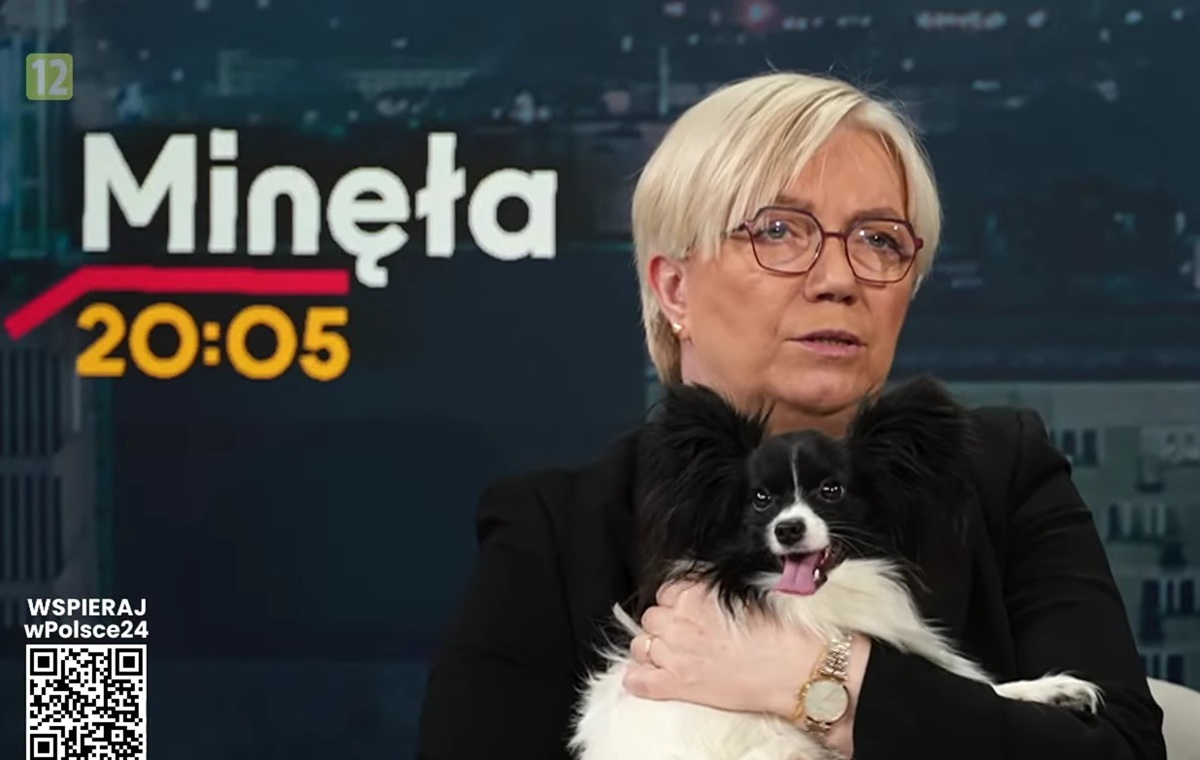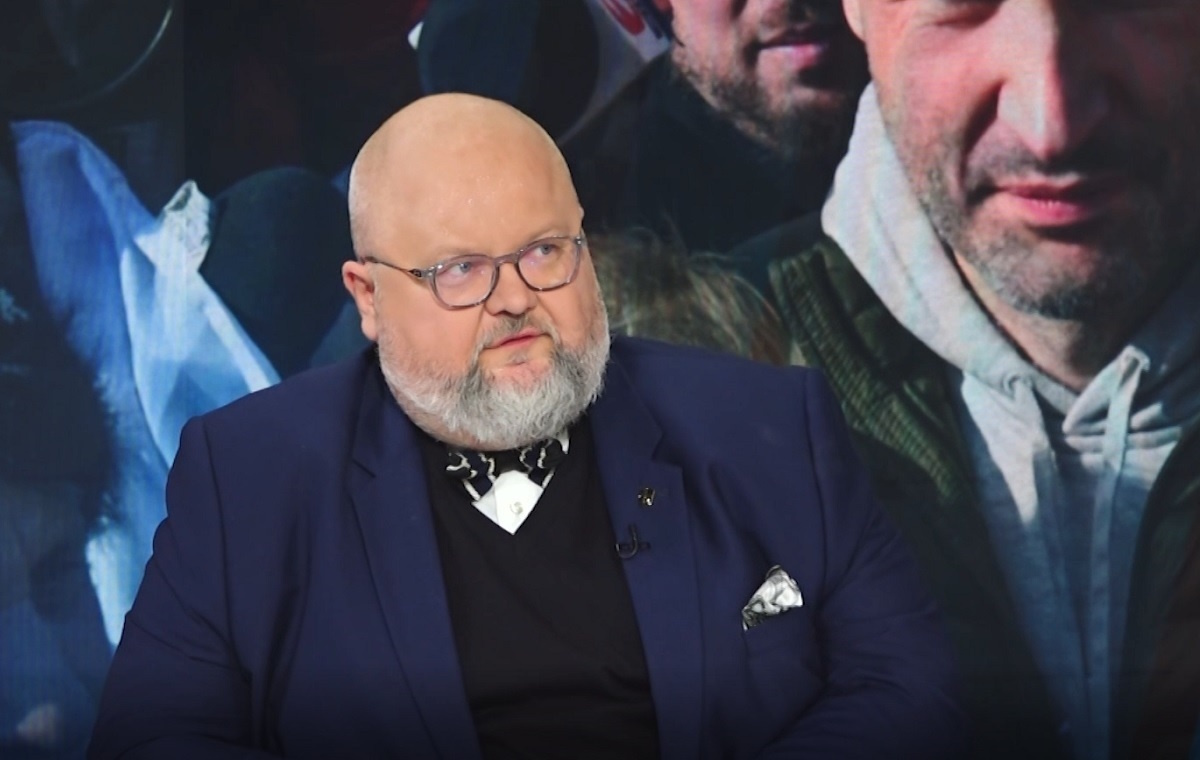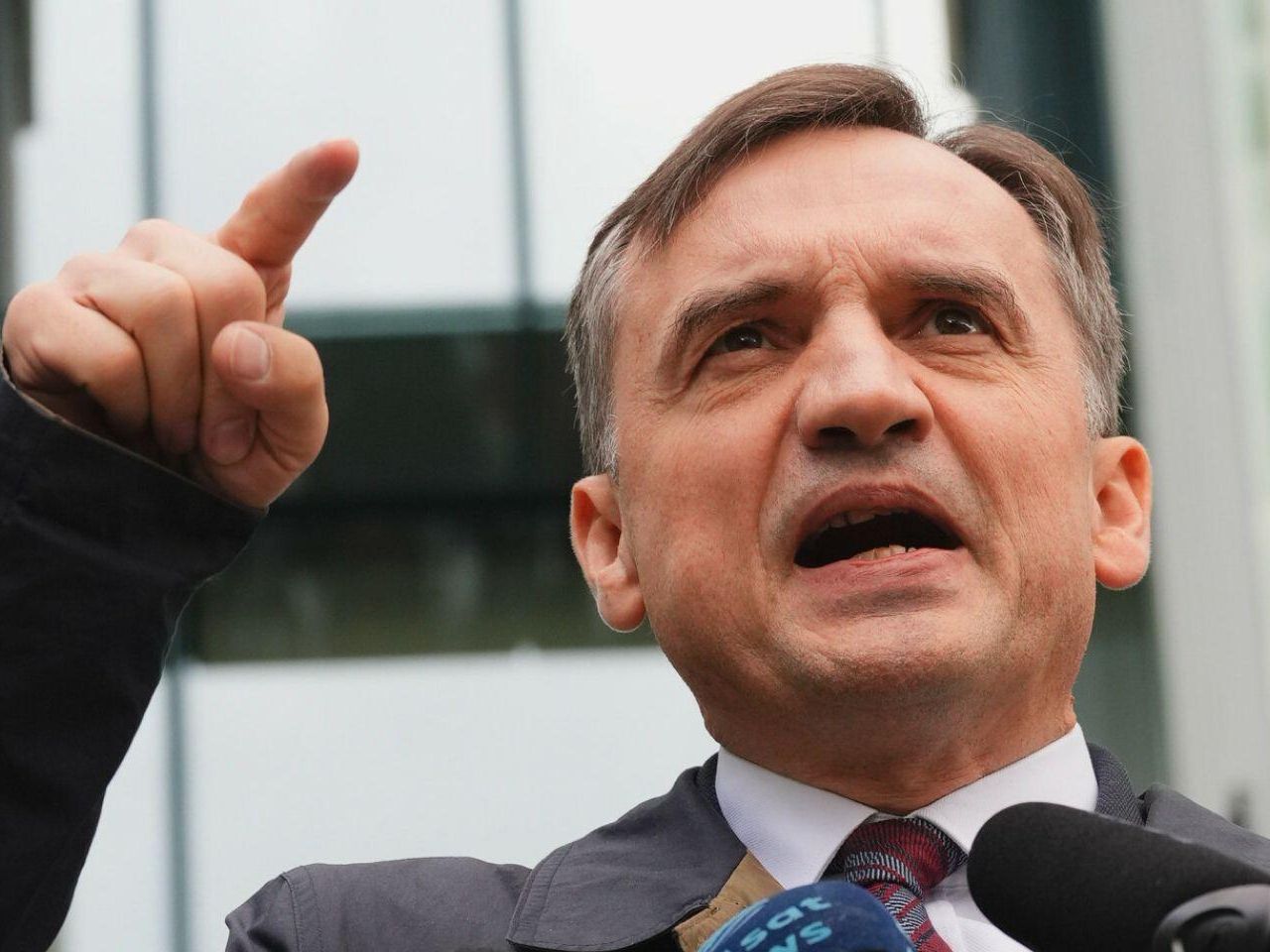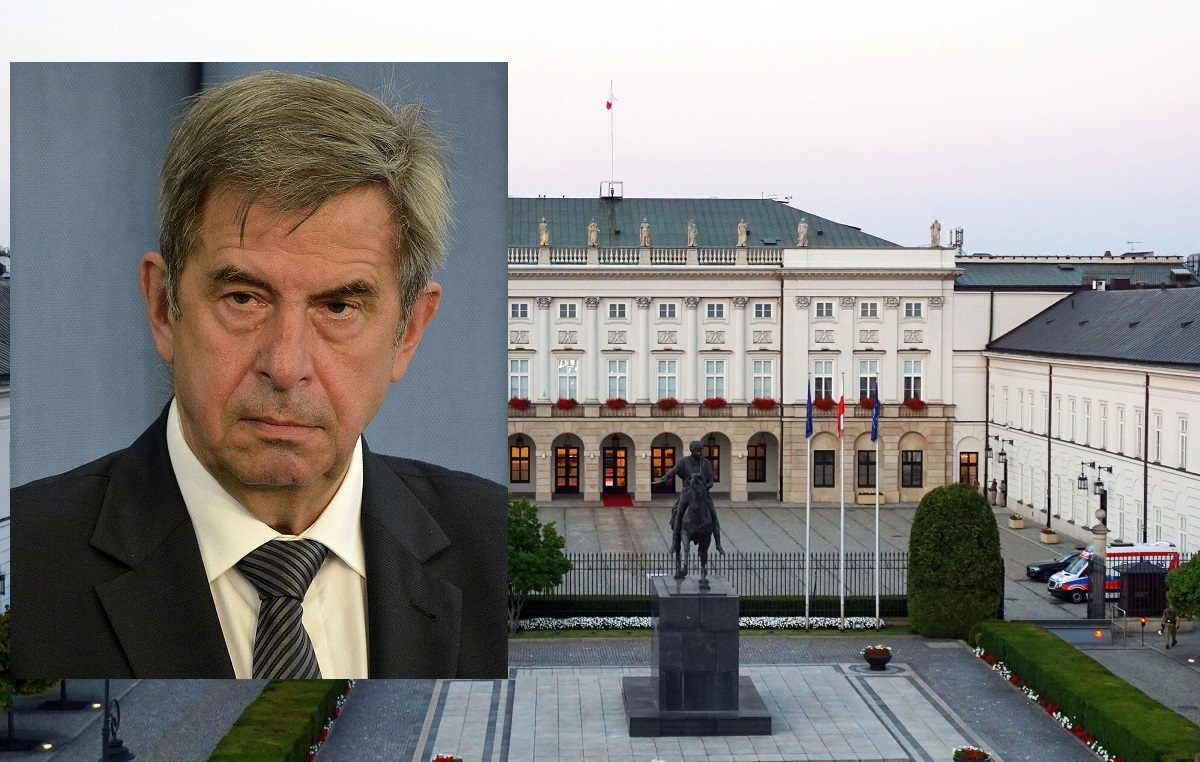Facts
The Latvian Authority prohibited the company from distributing advertising for promotional medicinal products on the basis of a national regulation prohibiting advertising of medicinal products based on prices, promotional offers or the sale of tied medicinal products and another products.
The Latvian Constitutional Court asked the TEU to interpret Directive 2001/83/EC of the European Parliament and of the Council of 6.11.2001 on the Community code relating to medicinal products for human usage (OJ L 311, p. 67) in order to clarify whether a associate State may prohibit the dissemination of information encouraging the acquisition of medicinal products not only if this information relates to a peculiar medicinal product but besides if it concerns medicinal products which are supplied without a prescription in general.
The concept of ‘medicine advertising’
Article 86(1) of Directive 2001/83/EC defines the concept of ‘advertising medicinal products’ as ‘any form of transportable (direct) information, agitation activities or motivation aimed at encouraging the prescription, supply, sale or consumption of medicinal products’. Since that provision does not contain a mention to national law, the TEU considers this concept to be autonomous concept of Union law, which must be interpreted in a uniform manner within its territory, taking into account not only the wording of that provision, but besides the context in which it is incorporated, and the objectives of the regulation, part of which is the judgement of the TEU of 22.6.2021, Venezuela/Council (Third country impact), C-872/19 P, Legalis, paragraph 42.
The Court pointed out that Article 86(1) of Directive 2001/83/EC consistently refers to ‘medical products’ plural. In addition, the word ‘reclamation of medicinal products’ is defined in that provision in a way very wide, as including ‘any form’ direct information, agitative activities or motivation, including, in particular, ‘the advertising of medicinal products addressed to the general public’, which is not explicitly excluded by Article 86(2) of Directive 2001/83/EC. Therefore, according to the TEU, Article 86(1) of Directive 2001/83/EC cannot be derived from the fact that advertising of unspecified medicinal products is excluded from the concept of ‘reclamation of medicinal products’ within the meaning of that provision.
The Court stressed very circumstantial nature of medicinal products with therapeutic effects separate them in a material manner from another goods. The consequence of these therapeutic effects is that if medicinal products are taken without request or in an inappropriate manner, they can seriously harm health, which the patient may not be aware of erstwhile they are consumed. In addition, excessive usage or misuse of medicinal products is considered to be threat to the financial balance of national social safety systems (judgment of 19.5.2009, Apothekerkammer des Saarlandes and in., C-171/07 and C-172/07, Legalis, paragraphs 32, 33, Joined Cases).
Recital 2 of Directive 2001/83/EC shows that the primary nonsubjective of Directive 2001/83/EC is to defend public health. In the assessment of the TEU, this the mark would be seriously compromised, if Article 86(1) of Directive 2001/83/EC were to be interpreted as meaning that an action involving direct information, agitation or motivation, aimed at encouraging the provision, supply, sale or consumption of medicinal products without mention to a peculiar medicinal product, is not covered by the concept of ‘reclamation of medicinal products’ within the meaning of that provision and is so not subject to the prohibitions, conditions and restrictions provided for in that Directive in the field of advertising. In addition, advertising on an unspecified set of non-prescription medicinal products, specified as advertising covering the full scope of medicinal products available in the pharmacy, may, as well as advertising on only 1 peculiar medicinal product, be abused or inadequately prepared and consequently have an adverse effect on public healthby encouraging consumers to misuse and over-consumption of the medicinal products concerned.
In the present case, the measures to which the national provision in question applies do not concern the average disclosure of purely informational guidance on medicinal products, specified as nonsubjective information on their prices, but guidelines that encourage the acquisition of medicinal products, justifying the request for specified a acquisition by announcing a peculiar sale, or indicating that these medicinal products are sold in packages with another medicinal products, possibly at a reduced price, or with another products sold by the pharmacy concerned. Subject to verification by the referring court, the Court considers that specified action appears to have the promotion nonsubjective and consequently fall within the scope of the word ‘reclamation of medicinal products’ within the meaning of Article 86(1) of Directive 2001/83/EC.
The Court held that Article 86(1) of Directive 2001/83/EC should be interpreted as meaning that the dissemination of information that encourages the acquisition of medicinal products, justifying the request to acquisition specified medicinal products by announcing a peculiar sale, or indicating that these medicinal products are sold in packages with another medicinal products, including at a reduced price, or with another products, is covered by the concept of ‘recycles of medicinal products’ within the meaning of that provision, even if this information does not concern a peculiar medicinal product but indeterminate medicinal products.
Harmonisation
The Court recalled that Directive 2001/83/EC had done full harmonisationon advertising of medicinal products. Therefore, if associate States do not expressly have the power to establish different rules, The only requirements for advertising medicinal products are those laid down in that Directive 8.11.2007, Gintec, C-374/05, Legalis, paragraphs 20, 25).
Therefore, the CSF considered that Article 87(3) in recital 45 of Directive 2001/83/EC should be interpreted as meaning that associate States are entitled to prohibit the inclusion of elements another than those referred to in Article 90 of Directive 2001/83/EC in advertising non-prescription and non-refunded medicinal products to the general public where specified elements may encourage the irrational usage of medicinal products.
Prohibition of advertising in national law
According to the TEU, advertising elements specified as those referred to in the Latvian government at issue can encourage consumers to buy non-prescription and non-refund medicinal products according to the economical criterion related to the price of these products. They can so encourage consumers to buy and consume these medicinal products without carrying out an nonsubjective assessment based on their therapeutic properties and circumstantial therapeutic needs. The Court pointed out that advertising which dissuades the consumer from an nonsubjective assessment of the necessity of utilizing a medicinal product, encourages the unreasonable and excessive usage of this medicinal product. The Court found that prohibitions specified as those provided for in the contested provision correspond to the basic nonsubjective of protecting public health, due to the fact that they do not let the dissemination of advertising elements that encourage the irrational and excessive usage of non-prescription and non-refund medicinal products.
The Court held that Articles 87(3) and 90 of Directive 2001/83/EC should be interpreted as meaning that they do not argue a national provision which prohibits the placing of information in the advertising of non-prescription and non-refund medicinal products addressed to the general public, which encourage the acquisition of medicinal products, justifying the request for specified acquisition at the price of those medicinal products, announcing a peculiar sale or indicating that the medicinal product is sold in a package with another medicinal products, including at a reduced price, or another products.
Comment
It follows from this judgement of the Court (in the Grand Chamber) that the concept of ‘reclamation of medicinal products’ within the meaning of Article 86(1) of Directive 2001/83/EC — cf. Article 52(1) and (2) of the Law of 6.9.2001. Pharmaceutical law (Journal of Laws of 2022 item 2301; hereinafter: PrFarm) covers any form of direct information, agitative activity or motivation aimed at encouraging the prescription, delivery, sale or consumption of a peculiar medicinal product or unspecified products. In this regard, the CJEU interpreted this provision in a language, strategy and purpose.
In general, advertising of non-prescription medicinal products is permitted (see Article 88(2) of Directive 2001/83/EC; see besides Articles 53(2) and 57 PrFarm). However, it follows from this judgement that associate States should prohibit advertising of non-prescription medicinal products addressed to the general public that may encourage their irrational use. According to the CJEU, specified advertising poses a public wellness risk.
The Court besides clarified the conditions under which the advertising ban under consideration may be regulated in the national government of a associate State.



